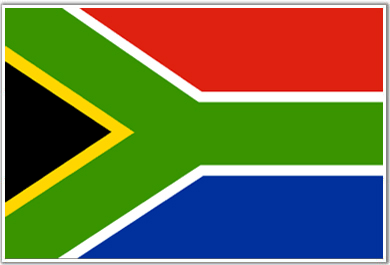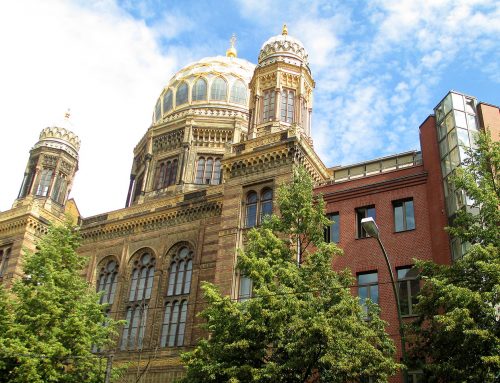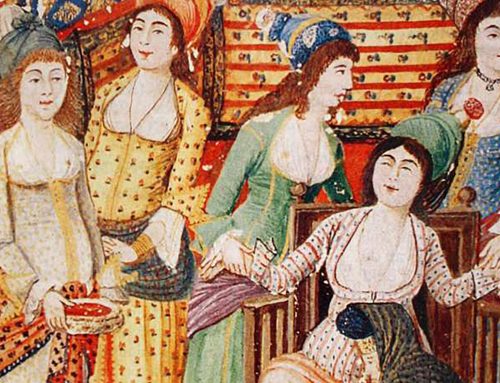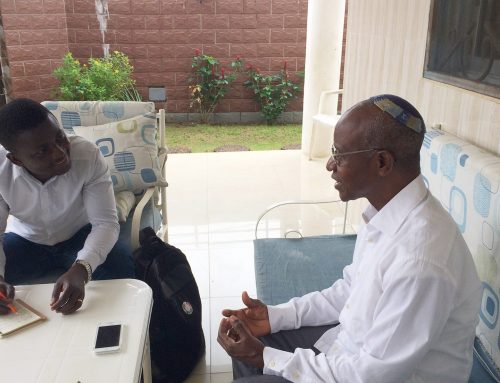 There are so many different kinds of cultures, governments, and physical environments in Africa south of the Sahara that generalizations can be misleading. It is not all just chaos and misery, though as whole, this part of the world has made less economic progress than any other large region. Particularly compared to the immense economic growth in East Asia, much of South and Southeast Asia, and most of Latin America, Africa has lagged behind.
There are so many different kinds of cultures, governments, and physical environments in Africa south of the Sahara that generalizations can be misleading. It is not all just chaos and misery, though as whole, this part of the world has made less economic progress than any other large region. Particularly compared to the immense economic growth in East Asia, much of South and Southeast Asia, and most of Latin America, Africa has lagged behind.
There are, however, some bright spots. South Africa remains a dynamic and large economy as well as a democratic country. Rwanda has made extraordinary economic progress in the past decade, though it remains poor. Ghana is an island of stability and democracy in West Africa. The situation in the Ivory Coast, while still perilous, is hopeful as it stabilizes after a civil war and more than a decade of ethnic conflict. There are other cases of emerging democracy, and the general rise of oil and other commodity prices has helped many African countries.
Nevertheless, Africa is the last part of the world that is experiencing runaway population growth that threatens to undermine any economic progress. Too large a portion of the population still depends on agriculture, too much of which is done with relatively poor technologies.
Because so many of the countries have weak civil societies — with too few non-governmental organizations to help — and with weak governments it is often hard to get things done. This means that foreign aid projects need to focus on promoting civil society, on helping people make appropriate technological improvements, and on promoting good governance.
So, there is much to be done, and the role of private organizations that can operate at a somewhat less visible level than direct government to government aid play a crucial role in doing that.
The organization that Ruth Messinger heads, the American Jewish World Service, is just such an organization.






Leave A Comment